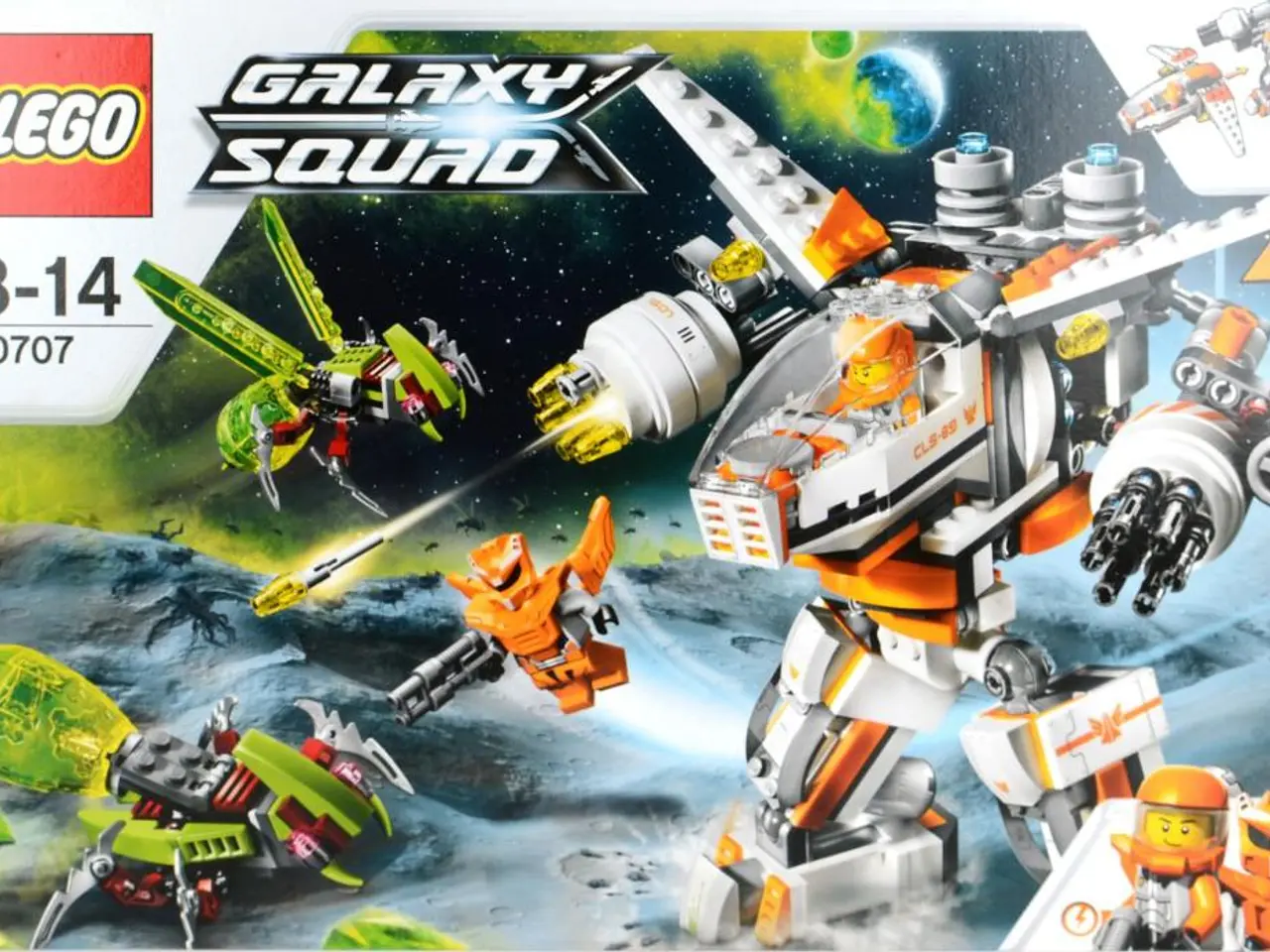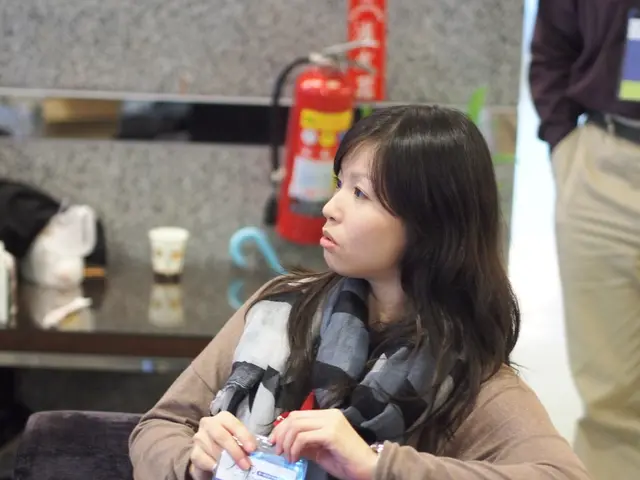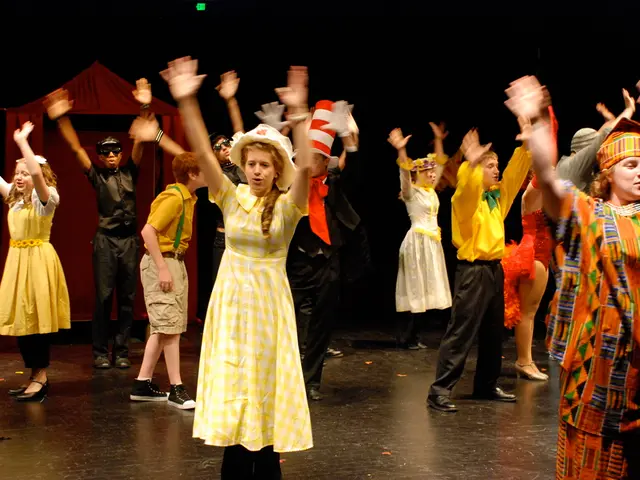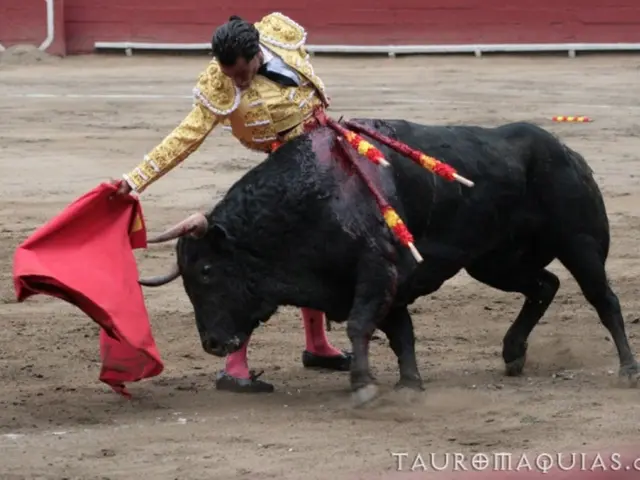AI Inventions Not Entitled to Patent Protections, According to Law
The world of technology is evolving at an unprecedented pace, and one of the most intriguing developments is the advent of artificial intelligence (AI) systems that can independently generate ideas. However, the question of whether these AI systems should be granted patent rights has sparked a heated debate.
At the centre of this debate is DABUS, an AI system developed by Dr. Stephen Thaler. DABUS mimics the neural patterns of the human mind, enabling it to combine basic concepts into complex ideas, such as interlocking food containers for robots and a warning light with a rhythmic flashing pattern. Thaler has boldly claimed that DABUS, not he, should be recognised as the inventor of these ideas.
However, the patent system, designed to protect an inventor's economic rights, not their moral rights, has not been receptive to this claim. The U.S. Patent and Trademark Office (USPTO), as well as the EU and U.K. patent offices, have rejected Thaler's patent applications for DABUS. The reason? AI systems, unlike human inventors, cannot be subjected to a fair trial or fined if they infringe on the intellectual property rights of others.
The question of AI systems as inventors raises broader implications. If patent law begins treating AI systems as separate legal persons, the owners and operators of these systems could argue they should not be held responsible for illegal acts committed by the AI. This could make it difficult for the government to hold AI systems accountable if they illegally infringe on the IP rights of others.
Thaler argues that the law should recognise DABUS as the inventor because crediting a human with work they did not wholly invent devalues traditional human inventorship. However, others argue that this could be emotionally discouraging to traditional human inventors.
The motivations behind inventing, as explored by Kazuhide Odaki in his book The Right to Employee Inventions in Patent Law, are independent of who is or is not listed on a patent. Employee inventors, for instance, are most driven by the desire to solve practical problems, to be intellectually challenged, and to create value for their firms. AI, on the other hand, is still just code and is not capable of independently deciding to license its inventions, executing contracts, or collecting payments.
While inventive AI brings new speeds to the traditionally slow-moving inventive process, the patent system is generally working fine as it is to stimulate economic growth and protect human inventors. Proposals to treat AI systems like natural persons reflect a belief that AI systems are developing autonomous intelligence or consciousness, which is not accurate. The government cannot effectively hold AI systems accountable like it can individuals or corporations.
In conclusion, the debate over AI systems as inventors is complex and multifaceted. Until the patent system changes, it is best left as it is. The focus should be on harnessing the potential of AI to drive innovation and economic growth, while ensuring the rights of human inventors are protected.








